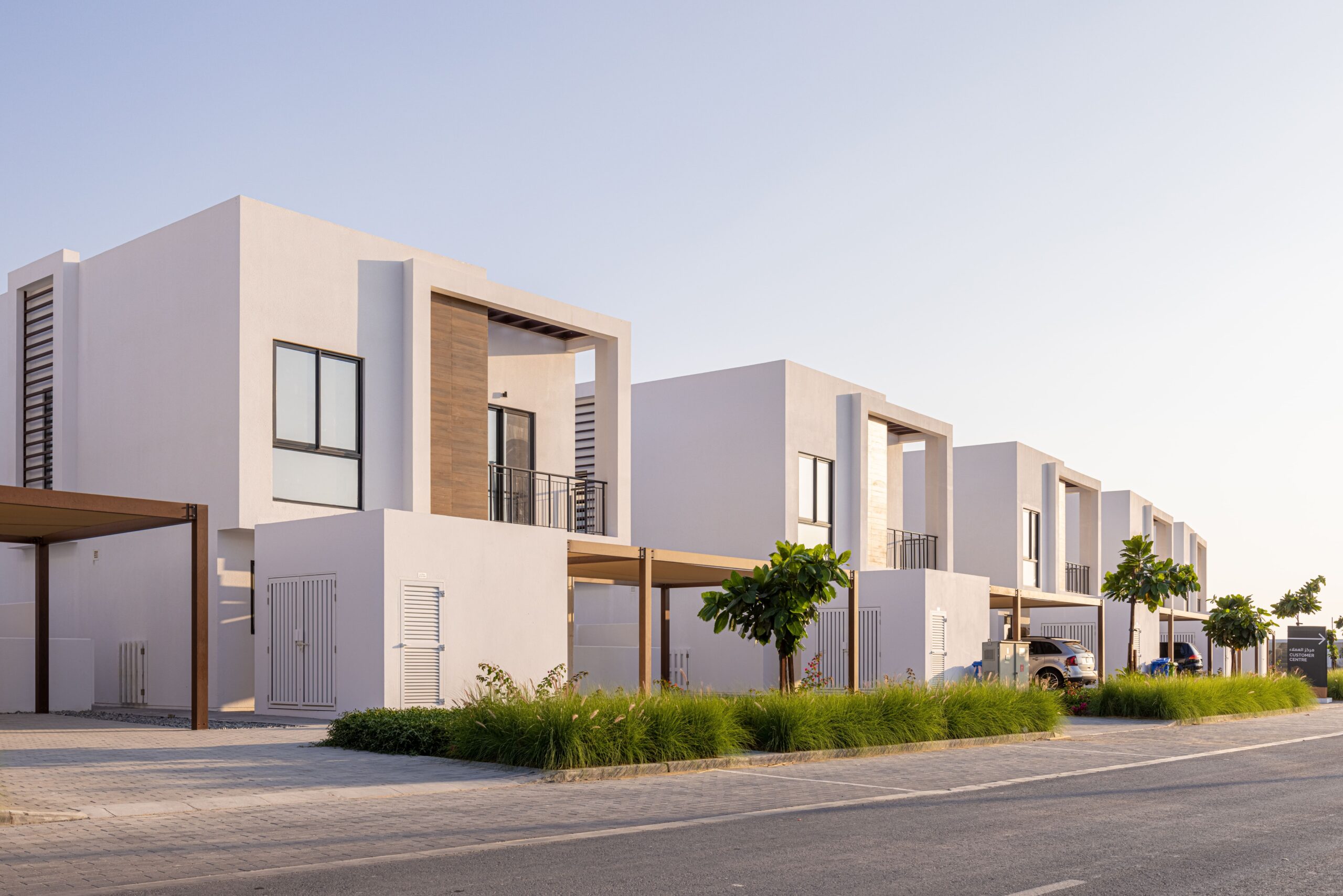Property development is an intricate journey that transforms a vision into a tangible reality. This process begins with a comprehensive vision, which often emerges from identifying a specific need in the market. Developers must conduct thorough research to understand current trends, demographic shifts, and economic factors influencing real estate. This analysis allows them to pinpoint the ideal type of property—be it residential, commercial, or mixed-use—that will meet the needs of the community and yield a favorable return on investment. Once the vision is established, the next crucial step is to create a detailed feasibility study. This study assesses the financial viability of the project, evaluating costs related to land acquisition, construction, and marketing against potential revenue. It also involves a thorough risk assessment, identifying potential challenges such as zoning regulations, environmental impact, and market fluctuations. The insights gained during this phase help developers make informed decisions and refine their plans. With a solid business plan in place, developers must navigate the complex landscape of obtaining necessary approvals and permits. This phase often involves engaging with various stakeholders, including local government agencies, community groups, and environmental organizations.

Developers must present their plans, demonstrating how the project will benefit the community while adhering to zoning laws and environmental regulations. Building strong relationships with these stakeholders is crucial, as their support can significantly influence the approval process. Once the project secures the required approvals, it moves into the design phase. Here, architects and planners collaborate to create a blueprint that aligns with the original vision while incorporating feedback from stakeholders. This phase is essential for ensuring the project meets aesthetic and functional requirements. After the designs are finalized, the construction phase begins. This is where the vision starts to materialize. Construction managers oversee the building process, coordinating between contractors, suppliers, and workers to ensure that timelines are met and budgets adhered to buy to let properties birmingham. Effective project management is vital during this stage, as delays or cost overruns can jeopardize the project’s success.
As construction nears completion, developers shift their focus to marketing and sales strategies. A well-planned marketing campaign helps generate interest and attract potential buyers or tenants. Effective branding, online presence, and community engagement play significant roles in creating buzz around the property. Finally, once the project is completed and occupants move in, the journey is far from over. Developers must ensure that the property is well-maintained and that any issues are promptly addressed. This ongoing relationship with tenants or owners is crucial for long-term success, as it fosters community engagement and can lead to future development opportunities. In conclusion, the journey from vision to completion in property development is multifaceted, requiring strategic planning, collaboration, and a keen understanding of market dynamics. By navigating each phase thoughtfully, developers can bring their visions to life, creating spaces that enrich communities while also achieving their financial goals.


